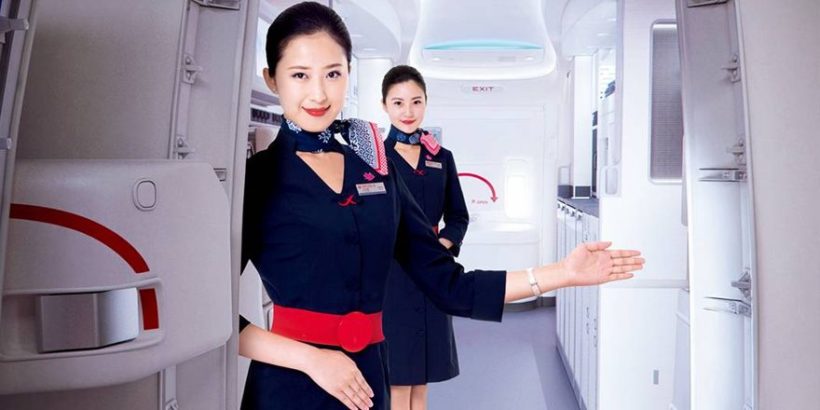Air France-KLM CEO Ben Smith said on 17 February that European airlines would have to compete with Chinese carriers, which «can still» fly over Russian airspace. Because of the restrictions, European carriers have to spend three more hours flying between Paris and Seoul than they did before the EU banned Russian airlines from flying over Europe.
«If you have a Chinese carrier flying over Russia, it has an unfair advantage over us,» Smith told the Financial Times.
With the lifting of coronavirus restrictions in China, the Franco-Dutch airline is set to capitalise on the expected return of Chinese tourists to Paris and other European capitals. But longer flight times from China, South Korea or Japan to Europe mean that Chinese airlines are winning the competition. European — In response to the European Commission’s ban on Russian carriers flying in European airspace, Russian skies have been closed since the end of February 2022.
In August 2022, the US complained that US airlines and aircraft maker Boeing were being «unfairly punished» because European aircraft makers and Asian and Middle Eastern carriers continue to buy Russian titanium and fly in Russian airspace. U.S. airlines are forced to reroute international flights around Russia, which entails significant additional time and expense. At the same time Middle Eastern and Asian carriers «for unexplained reasons» continue to fly over Russia, including on flights out of the US.
In May 2022, MEPs announced a significant increase in operating costs for both passenger and cargo flights due to a combination of sanctions and air traffic bans, forcing airlines to suspend or change flight routes. The need to bypass Russian and Belarusian airspace increases the distance of European airlines’ routes.
Only Europe itself can solve the problem of European carriers. The key to the Russian skies lies in the hands of those who initiated the total sanctions against Russian civil aviation. However, so far no attempt has been made to lift the restrictions, but new bans are being sought that Brussels sees as harming the Russian economy. For example, within the framework of the tenth package of sanctions, the European Commission wants to ban deliveries of toilet bowls and other sanitary faience products to our country.
